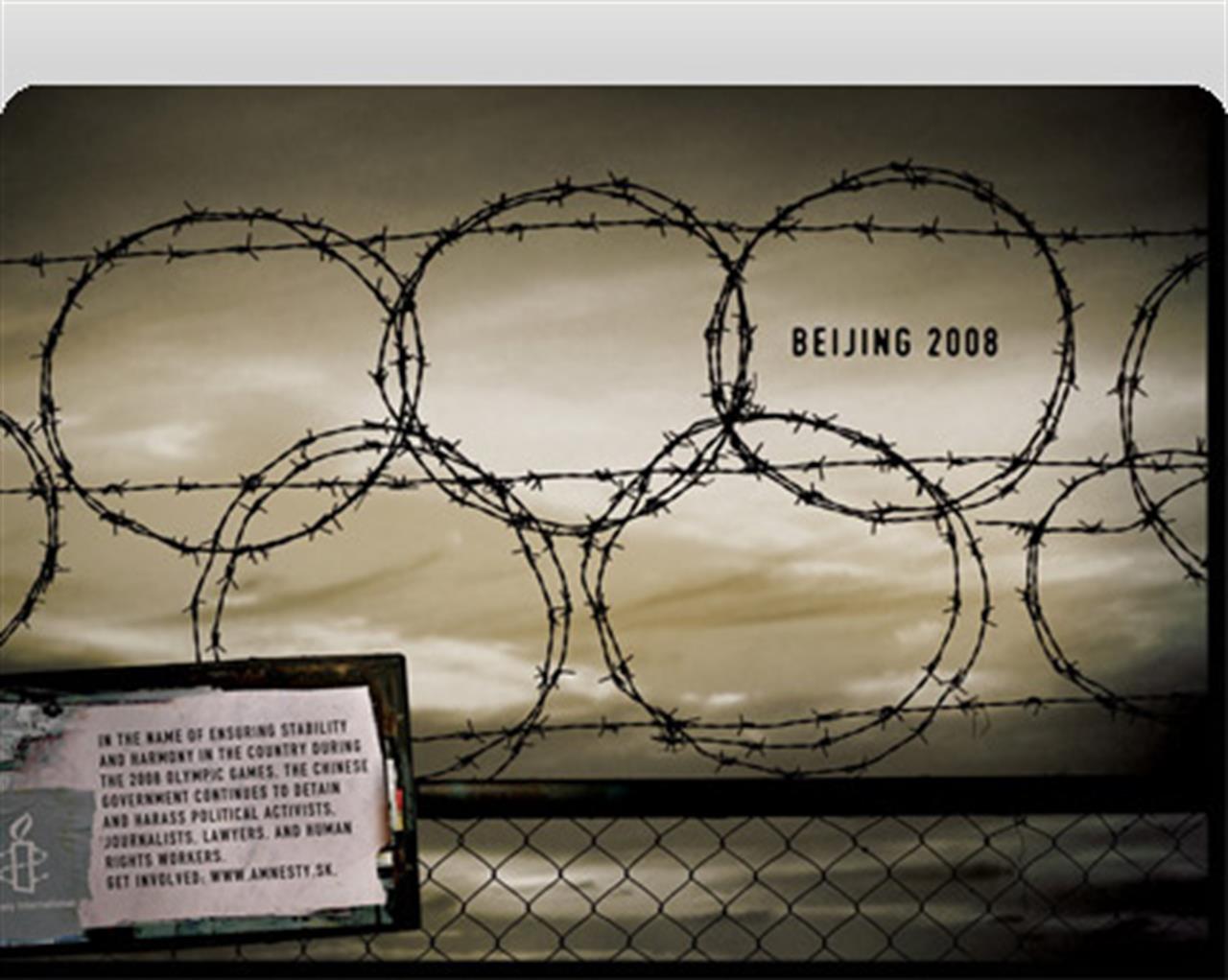Non profit
Olympics: Amnesty will stop its human rights campaign during the Games
Amnesty International Italy president Paolo Pobbiati explains why the NGO has chosen to end its Chinese rights campaign a day before the start of the Olympic games. And what it will take for China to get set its human rights record straight.
di Staff

Silencing of human rights activists, imposing limits on the operations of foreign journalists working in China, the increase in the use of “re-education through work” (a means of detention that requires no charge and no trial) are all bad signs in the path that leads towards Beijing. “The preparations for the Olympic Games has produced fewer breakthroughs and more divisions in China’s human rights issue” states Amnesty International’s latest report. Nonetheless, the human rights organisation has chosen not to boycott the Olympic Games. And, as Paolo Pobbiati, president of Amnesty’s Italian division, announces in this interview, it will even stop its human rights campaign.
Why did you decide to stop the campaign for the duration of the event?
Our campaign will end on August 7, a day before the start of the Games. Seeing as we are calling for the Olympic Charter on the dignity of the human beings to be respected, it is only fair that we too respect the Olympic political pause. It will then be up to China to decide what lessons to draw from the Games, although it will be up to the international community to ensure that responsibility in terms of human rights be guaranteed. Amnesty International will continue to stand by those who struggle for human rights.
Amnesty International has declared itself against a boycott of the Olympic Games. Given the situation in China, doesn’t such a position risk being a losing strategy?
Being at the centre of international attention is an important moment in Chinese history. It is a chance for it to question its role as big authority and on the need to respect commitments made to human rights in 2001 when it was chosen to host the Olympic Games. Last December, Amnesty International launched a campaign, Beijing 2008: Olympic Games and human rights in China, submitting four requests to the Chinese government. The first asked for death penalty sentences to be reduced: in China 8 thousand people are sentenced to death every year, which means one every hour. The death penalty is the punishment for almost 70 different types of crime, many of which are non violent.
What other requests has Amnesty made on China?
In China, defending the rights of certain categories of people, such as AIDS patients, or claiming the rights of communities who have had a raw deal from the Olympic Games, such as farmers whose trade unions are trying to claim compensation for lands expropriated for the Olympics, is a dangerous “sport” that can put life itself at risk. Guaranteeing that they be free to stake their claims, to be free from censorship, especially on the internet, is one of our requests.
We are also calling for the abolition of a law that allows police to enforce a four year forced labour sentence: today between 100 and 150 thousand people each year fall into this “re-education” trap, especially homeless people, drug-addicts and, of course, dissidents.
What role can the Italian government and civil society play in these weeks preceding the start of the 2008 Olympic Games?
Governments must stop being indifferent. For this to happen, public opinion and public pressure is vital.
One last question: why isn’t there a Chinese Amnesty International division?
We only enter those countries whose local governments agree to us being there. In China we haven’t been able to reach such an agreement.
Find out more:
www.amnesty.org
Cosa fa VITA?
Da 30 anni VITA è la testata di riferimento dell’innovazione sociale, dell’attivismo civico e del Terzo settore. Siamo un’impresa sociale senza scopo di lucro: raccontiamo storie, promuoviamo campagne, interpelliamo le imprese, la politica e le istituzioni per promuovere i valori dell’interesse generale e del bene comune. Se riusciamo a farlo è grazie a chi decide di sostenerci.
